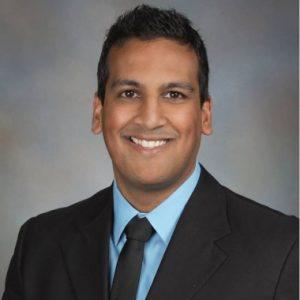

What do you think the key skills are that any premed student should develop earlier in their education?
To get into medical school? The most important and essential skill is just developing strong communication skills. To be able collaborate with people, work with people from different backgrounds and to be able to understand people’s perspectives is really important. The only way you can do that is by exposing yourself to various different environments that you are not comfortable with so you can build on your communication skills and apply them.
Is there any one specific form of volunteering over another that you suggest our students take part in?
I think the most beneficial bang for your buck type of volunteering is something where you get to spend one on one time with the patient. I think any type of studying where you actually get to work with the patient without anyone else dictating the conversation allows you to independently grow as a person and see how you feel talking to patients.
I think any type of experience where you actually get to work with the patient without anyone else dictating the conversation allows you to independently grow as a person and see how you feel talking to patients.
Now when shadowing a doctor, what are the key aspects students should keep in mind? Is there anything in particular they should observe and learn by observing?
So, when shadowing doctors I think its good to shadow a healthy balance of different physicians because different fields have a different approach to medicine. I think premed students should spend time in surgical subspecialties and medicine subspecialties to really appreciate the nuances that people have in terms of taking care of patients. When you are shadowing, really hone in on the conversation and see how the physician conducts themselves around their patients and how they build their rapport. The best and most effective medicine that gets practiced is by the people who can really make their patients feel comfortable around them so that their patients can open up to them and really tell them what they’re feeling, what they’re not feeling and how compliant they are with their medications and things that they aren’t necessarily following.
“When you are shadowing, really hone in on the conversation and how the physician conducts themselves around their patients and how they build their rapport.”
Quick Link: Beyond Shadowing — A Virtual Clinical Education
Could you please describe a typical workday in your specialty?
I’m an internal medicine physician and I work at a cancer center. So primarily I am in charge of taking care of hospitalized cancer patients, so I see a big variety of patients with all different types of cancer diagnoses. These patients are suffering from either progression of their disease or chemotherapy complications or new medical issues that arise. My day basically is spent on the floors managing these patients and trying to get them out the hospital so they can spend the majority of their time outside of the hospital environment.





